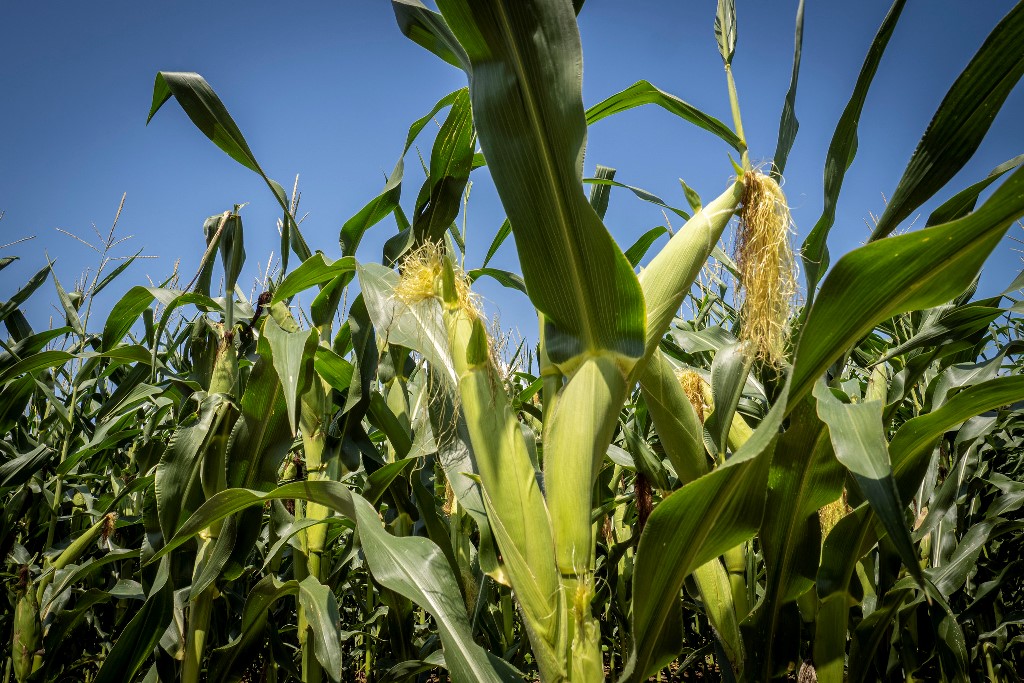A dispute panel ruled that Mexico’s planned ban on imports of biotech corn is “not based on relevant scientific principles” and would violate the U.S.-Mexico-Canada Agreement (USMCA). The Biotechnology Innovation Organization (BIO) hailed it as a victory.
BIO was one of only a handful of non-government entities (NGEs) asked to brief the dispute panel—and the only NGE speaking in support of the U.S.’s science-based position. BIO President & CEO John F. Crowley praised the Dec. 20 decision.
“Today’s decision by the U.S.-Mexico-Canada Agreement (USMCA) dispute panel serves as a monumental victory for the future innovation of agricultural production technologies and the millions of consumers worldwide who stand to benefit from their use,” Crowley said.
Mexico had planned to ban imports of biotech corn under a decree issued by then-President Andrés Manuel López Obrador in 2020 and updated in 2023. The U.S. challenged the ban as unscientific and called for a dispute panel to rule whether it violates the USMCA.
With biotech corn comprising more than 90% of the U.S. crop, the planned ban threatened the U.S.’s largest corn export market, worth more than $5 billion in 2023. It also could have discouraged biotech innovation, which is why BIO actively advocated against the ban.
The ban was to go into effect last year, but it was never implemented. Instead, drought in Mexico increased the demand for U.S. corn driving record U.S. sales to Mexico—real-world evidence of how higher-yield, drought-proofed biotech corn can enhance food security.
Ruling ‘underscores the importance of science-based trade policies’
The USMCA panel’s 117-page ruling said the ban was unscientific and not evidence-based.
“Mexico did not conduct a risk assessment taking into account relevant international standards, guidelines, and recommendations of the relevant international organizations,” the ruling said.
Mexico’s economy and agriculture ministries issued a joint statement saying they disagreed with the panel’s decision but would respect it, Reuters reported.
U.S. Trade Representative Katherine Tai hailed the decision as a win for biotech innovation.
“The panel’s ruling reaffirms the United States’ longstanding concerns about Mexico’s biotechnology policies and their detrimental impact on U.S. agricultural exports,” she said. “It underscores the importance of science-based trade policies that allow American farmers and agricultural producers to compete fairly and leverage their innovation to address climate change and enhance productivity.”
BIO’s Crowley also stressed the importance of science-based policy to enable improvements in agriculture.
“For decades, rules-based trade agreements have allowed the United States and its trading partners to thrive—encouraging the advancement of new technologies designed to mitigate the impact of climate change and increase global food security,” he said. “BIO is grateful for the panel’s time, applauds its thoughtful review of this important issue, and will continue to advocate for the global implementation of food policy standards that are both transparent and science-based with respect to genetic engineering of food products.”




